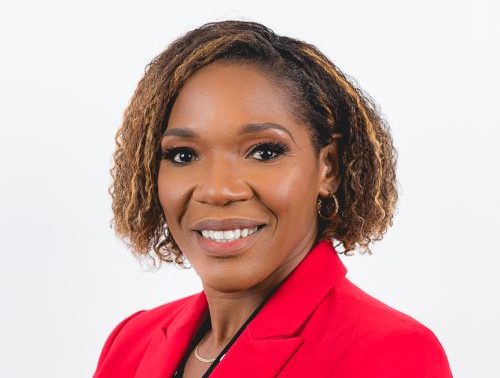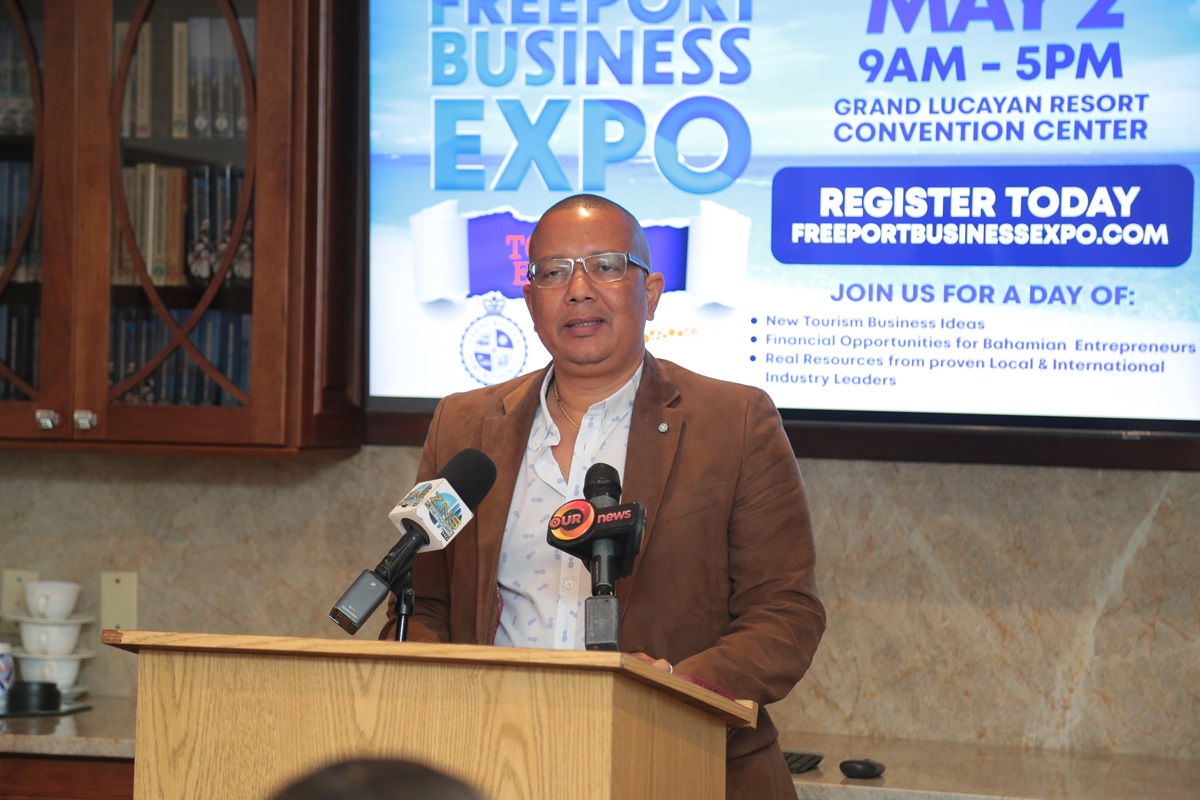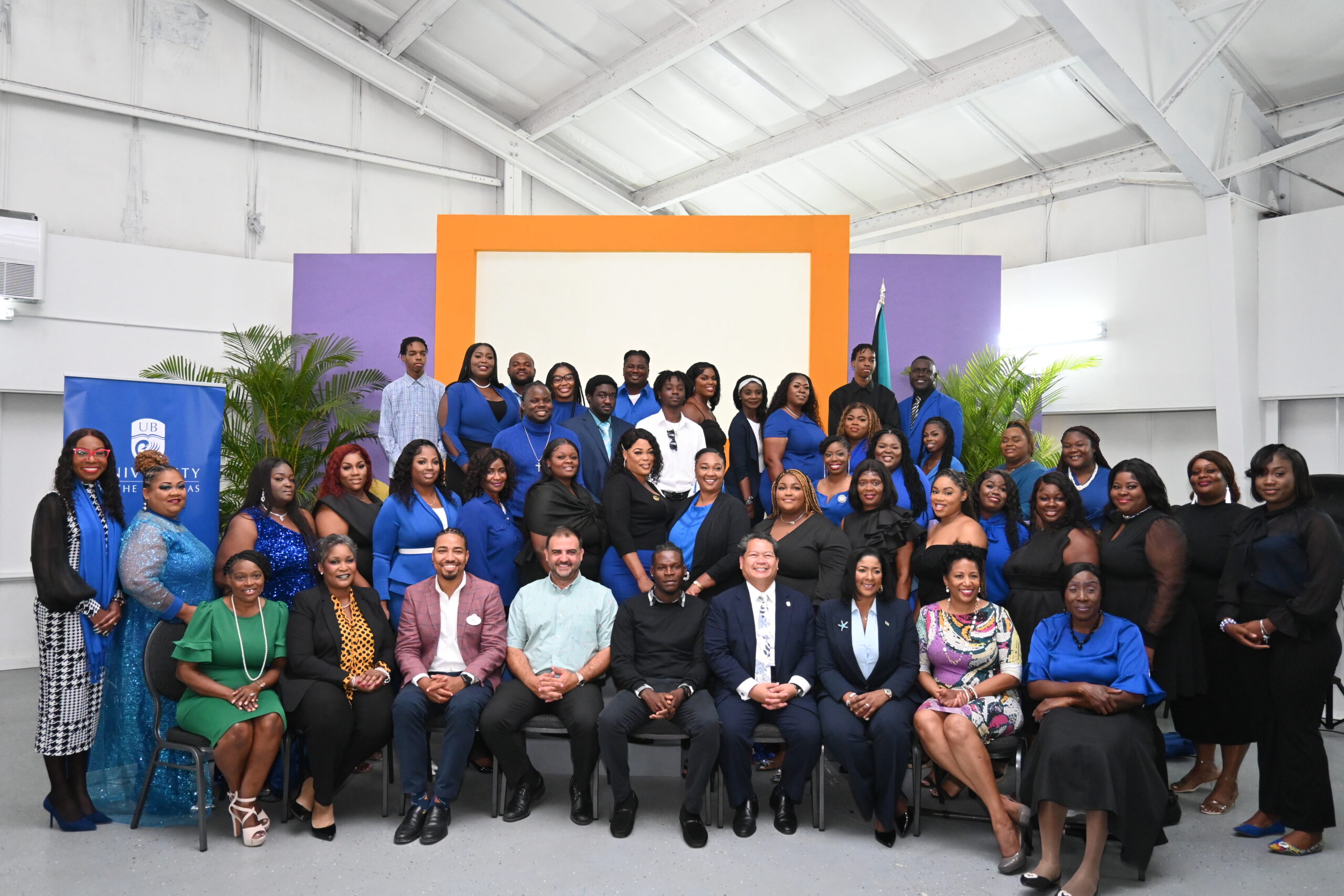By ERIC ROSE
Bahamas Information Services
#NASSAU, The Bahamas, August 16, 2022 – – During his Official Remarks at the Opening Plenary Session of the Caribbean Regional Heads of Government Meeting in Preparation for the United Nations Climate Change Conference of The Parties 27 (COP 27), on August 16, 2022, Prime Minister of The Bahamas and Minister of Finance the Hon. Philip Davis noted to attendees that they all shared a determination to make important progress together in the coming days.
“As many of you know, the end of August and the beginning of September has become a very poignant time on the Bahamian calendar,” Prime Minister Davis pointed out, at the Meeting, held at Baha Mar Convention Centre. “September 1st will make three years since Hurricane Dorian landed on our shores.”
“The physical, psychological, social, and economic damages are still very much with us,” he added. “Across the world, we’ve seen the intense heatwaves, wildfires, and droughts that are further, terrible evidence of the accelerating impact of climate change.”
Prime Minister Davis said that, with the climate changing faster than predicted, the challenges they all faced were stark; but they were “not insurmountable”.
stark; but they were “not insurmountable”.
“One thing is clear: success will require collective action,” he said.
“If we advance our interests merely as individual Small Island Developing States, our voices will be dispersed, unable to be heard above louder, wealthier, carbon-producing interests,” he added.
Prime Minister Davis said: “Friends: There really is strength in numbers; and if we stand together, we are less likely to fall apart. And so this regional meeting is critical. Our shared characteristics go beyond our physical geography.
“We need to find effective, efficient ways to adapt to new realities,” he added. “We have to re-structure our lives and our living environment to mitigate against the disasters which are becoming more frequent and more severe.
“Easy to say – much harder to pay for.”
Prime Minister Davis noted that the Caribbean had been identified as the region with the largest number of indebted countries. He said that while there were multiple reasons for this, in many cases a major contributor to debt is borrowing associated with recovery efforts from the impact of climate change.
“Here in The Bahamas, we undertook an exercise which revealed that more than 50% of our outstanding debt can be linked to the impacts of the hurricanes which descended on us between 2015 and 2019,” Prime Minister Davis said. “Our countries are struggling with debts accumulated by climate disasters.”
He added: “What does this mean for the development of our nations, when our risk profile is becoming so severe that insurers question their willingness to offer risk facilities to offset climate disasters? Put simply, we are in danger of becoming uninsurable.”
Prime Minister Davis said that many, if not all, of the countries represented at the Meeting had already faced challenges in accessing climate-related funds.
By acting in “common cause”, he said, they could move with more authority and with greater impact to address legacy issues which have held them back from making meaningful progress.
“This is not to say that there aren’t differences among us,” he noted. “With some issues, we can agree to disagree. With others, we can use this forum to find and build consensus before we engage with our colleagues around the world.”
Prime Minister Davis said that COP26 in Glasgow promised a renewed commitment to act. He noted that in the prior two weeks, both the United States and Australia had taken “historic” steps forward to address emissions.
“But the conflict in Ukraine, spiraling inflation in energy costs along with other goods and services, and significant disruption to supply chains, have put pressures on the promises to restrain carbon emissions around the world,” Prime Minister Davis said.
“The progress in the United States and Australia is important,” he pointed out. “The world’s wealthiest and most powerful countries generate 80% of global emissions. They can act – when they choose to.”
“Their progress also shows nothing is inevitable, in this great fight of our time,” Prime Minister Davis pointed out. “We cannot get stuck, or allow others to languish in inaction, when forward motion is required.”
Prime Minister noted that there was much room for innovation.
“I don’t just mean technological innovation – I also mean innovation in the way we think about climate challenges and solutions,” he said. “Consider, for example, the Call to Action on Living Lands (CALL), which emerged from the Commonwealth Heads of Government meeting in Rwanda earlier this summer.
“The Call to Action highlights the importance of building natural resilience by stopping and reversing biodiversity loss, and developing nature-based and ecosystem-based approaches to combating climate change.”
Prime Minister Davis noted that, if it was true that almost all of the hard work fighting climate change lies ahead of them all, it was also true that their ingenuity was up to the challenge.
“And so, Friends, I encourage your most active and vigorous participation in these discussions. Let us bring our best ideas to the table,” he said. “Let us work together to construct a joint solution in respect of climate risk insurance and other climate risk facilities.
“And let us take practical steps to improve access to climate finance.”
Prime Minister Davis noted that they were well-aware that, going into COP27, work was underway to advance the implementation of a Santiago Network on Loss and Damage, along with the establishment of a Loss and Damage Facility.
“These are important tools to support our countries,” he said.
“However, we also need to ensure that risk or insurance facilities are also in the toolbox of solutions to help our people,” Prime Minister Davis added. “Access to climate finance should not be unclear or cumbersome. And the application of per capita overseas development assistance eligibility should not be taken as the main consideration for offering climate finance; if so, means that many Caribbean states would be frozen out from the start.”
Prime Minister Davis said that they should all work together to advance the use of a Multi-Dimensional Vulnerability Index to reflect the true needs of Small Island Developing States; and work to persuade donors and partners to ensure that all SIDS are eligible for access to bilateral climate financing.
“Colleagues, we are at an important time, when the New Collective Quantified Goal on Climate Finance is currently being assessed by countries operating within the UNFCCC framework,” he said.
“If we can do the heavy lifting here, our chances of success are greatly improved,” he added. “We are more likely to avoid the mistakes of the past.
“And we will have a greater chance of securing better futures for us all.”
Prime Minister Davis said that it was his “fervent hope” that the meeting becomes an annual event, one where common interests, shared objectives and mutually-accepted protocols, lead to “outcomes which will ensure our very survival”.
“It is no exaggeration to say that our very lives depend on it; and the only way forward is together,” he said.
Photo Caption: Prime Minister of The Bahamas and Minister of Finance the Hon. Philip Davis speaks, on August 16, 2022 at Baha Mar, during his Official Remarks at the Opening Plenary Session of the Caribbean Regional Heads of Government Meeting in Preparation for the United Nations Climate Change Conference of The Parties 27 (COP 27), which will take place in Sharm El Sheikh, Egypt in November.
(BIS Photos/Eric Rose)


 Latin America and Caribbean1 week ago
Latin America and Caribbean1 week ago
 Crime1 week ago
Crime1 week ago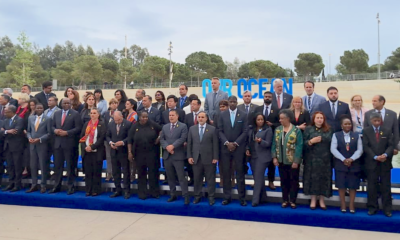
 Bahamas News1 week ago
Bahamas News1 week ago
 TCI News1 day ago
TCI News1 day ago
 Bahamas News1 week ago
Bahamas News1 week ago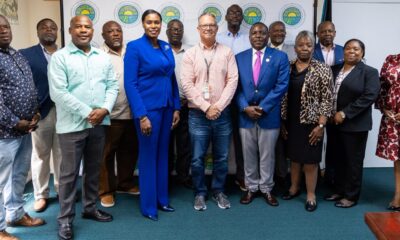
 Bahamas News1 week ago
Bahamas News1 week ago
 Caribbean News1 week ago
Caribbean News1 week ago
 Crime20 hours ago
Crime20 hours ago


